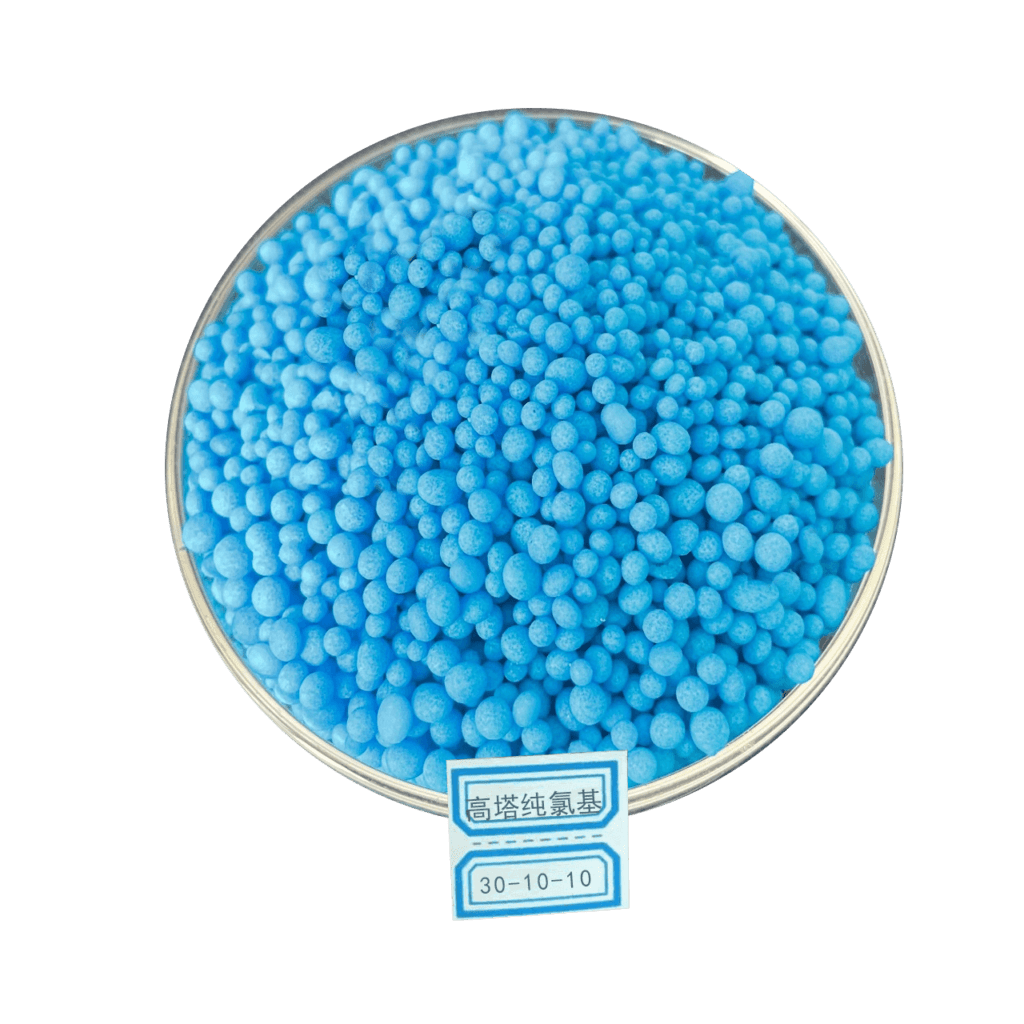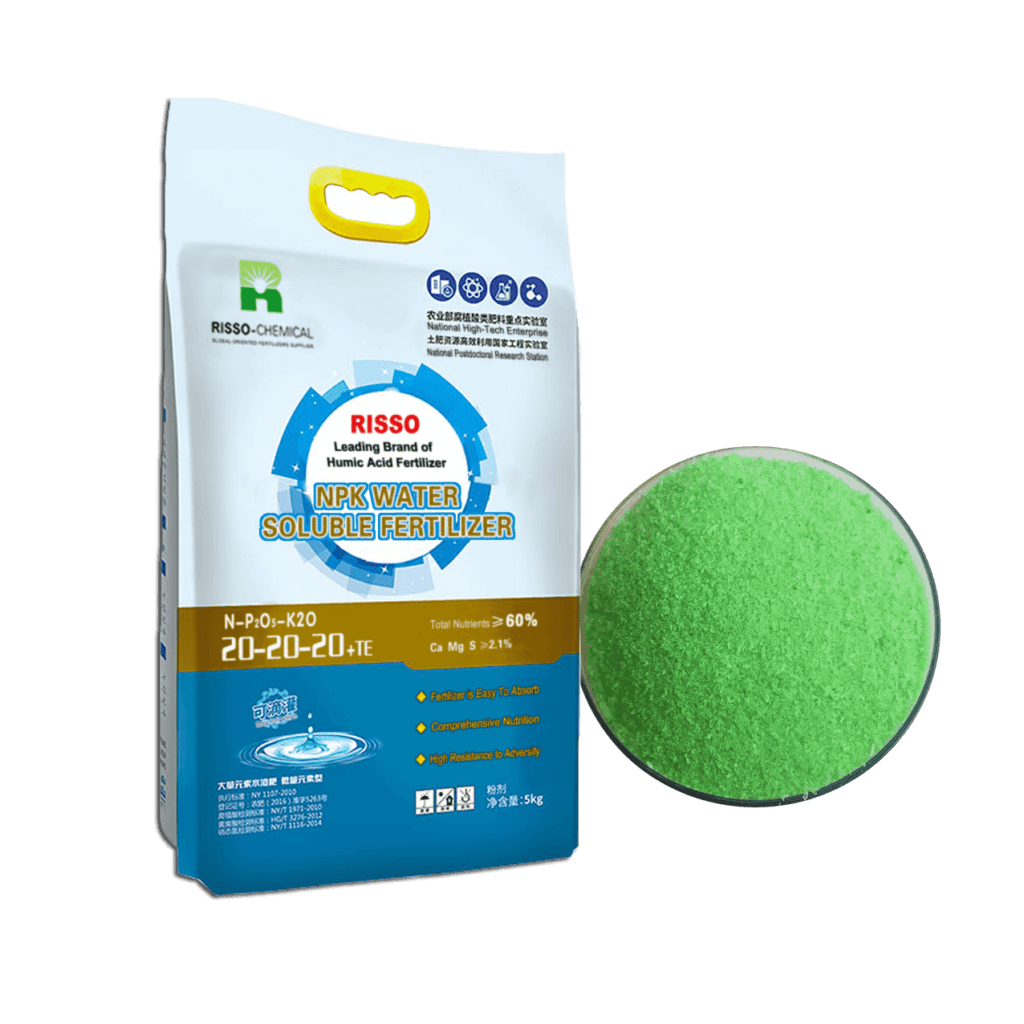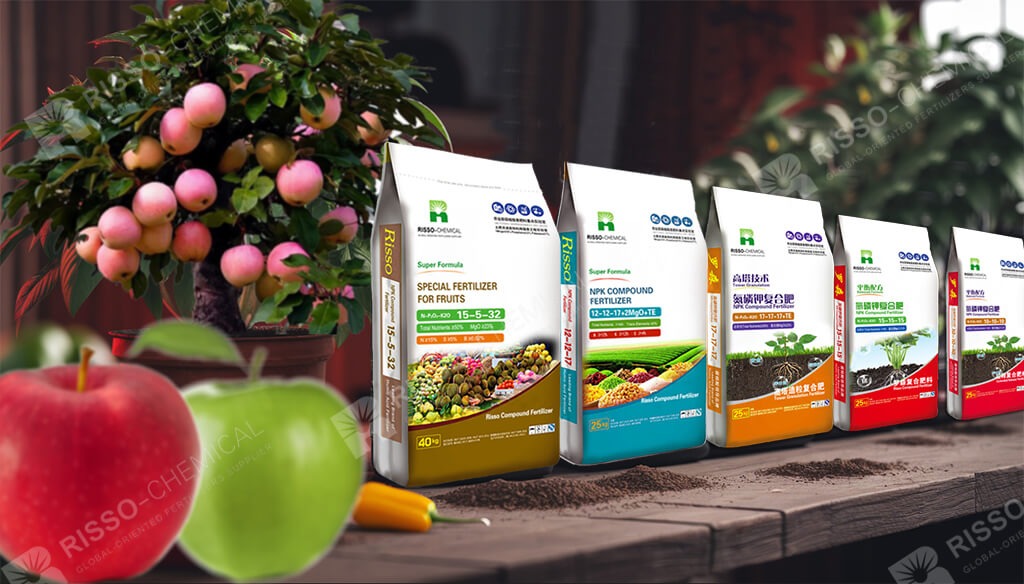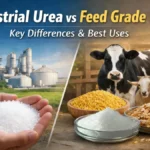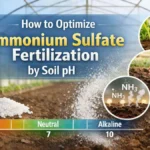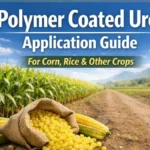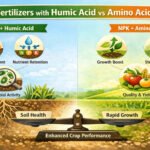Let more growers get greater benefits
Water-Soluble vs NPK Compound Fertilizer: Which One to Choose?
- Industry News
- September 2, 2020
- 9:55 am
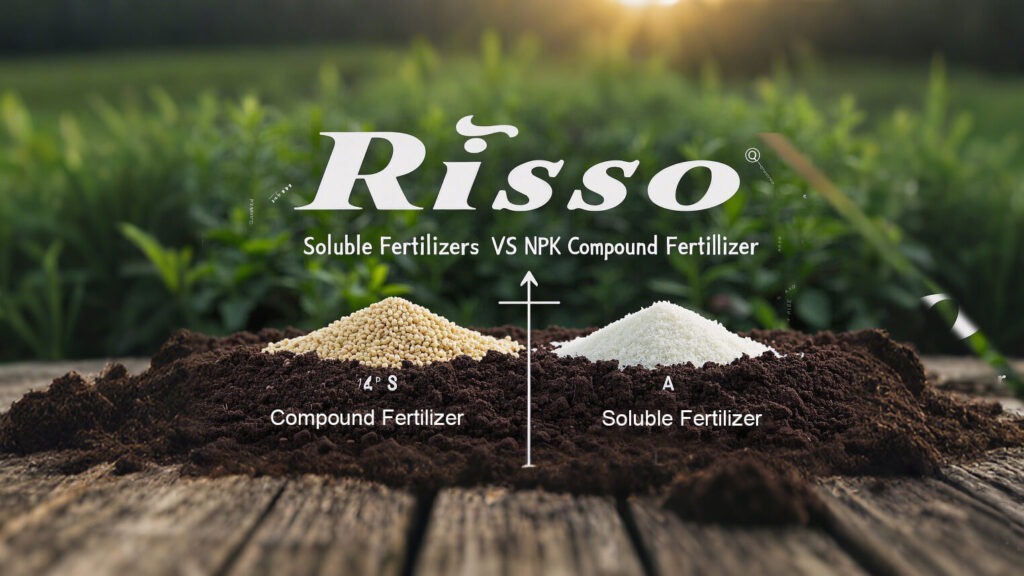

In modern agriculture, where efficiency, sustainability, and cost-effectiveness are key considerations, choosing the right fertilizer is crucial for maximizing crop yield and quality. Farmers and growers often face the challenge of deciding between water-soluble fertilizers and NPK compound fertilizers. Several factors come into play, including nutrient availability, solubility, application methods, crop suitability, cost-effectiveness, and environmental impact.
This article provides a comprehensive comparison of water-soluble fertilizers vs. NPK compound fertilizers, discussing their advantages, disadvantages, best application methods, and key factors to consider when selecting the optimal fertilizer for your farming needs.
Table of Contents
- Understanding Water-Soluble Fertilizers and NPK Compound Fertilizers
- Key Differences: Pros and Cons
- Best Fertilizer for Different Crops
- Comparison of Solubility and Form
- Optimal Application Methods for Maximum Efficiency
- Environmental and Economic Considerations
- How to Choose the Right Fertilizer for Your Needs
- Water Soluble & NPK fertilizer related products
Understanding Water-Soluble Fertilizers and NPK Compound Fertilizers
What Are Water-Soluble Fertilizers?
Water-soluble fertilizers (WSFs) are fully dissolvable in water, making them highly efficient and readily available for plant uptake. They contain essential macronutrients (NPK: nitrogen, phosphorus, and potassium) and often include micronutrients (iron, zinc, manganese, etc.) to support plant growth and development. These fertilizers are commonly used in drip irrigation systems, foliar spraying, and fertigation, ensuring precise nutrient delivery.
What Are NPK Compound Fertilizers?
NPK compound fertilizers are granular or powder-based fertilizers that contain a balanced proportion of nitrogen (N), phosphorus (P), and potassium (K). They are formulated to meet the nutrient requirements of various crops and are widely used for soil application, base fertilization, and top dressing. Unlike water-soluble fertilizers, NPK fertilizers release nutrients gradually, providing long-term benefits to plants.
Key Differences: Pros and Cons
Benefits of Water-Soluble Fertilizers
- Fast Nutrient Absorption: Since they dissolve completely in water, nutrients are quickly available for plant uptake.
- Precision Application: Ideal for controlled feeding through irrigation systems, reducing nutrient waste.
- Suitable for High-Value Crops: Frequently used in greenhouse farming, hydroponics, and horticulture where nutrient precision is crucial.
- Higher Nutrient Use Efficiency: Compared to traditional fertilizers, water-soluble fertilizers minimize nutrient loss due to leaching.
Benefits of NPK Compound Fertilizers
- Cost-Effective for Large-Scale Farming: More affordable per unit compared to water-soluble fertilizers.
- Long-Lasting Effects: Gradual nutrient release supports sustained crop growth over time.
- Easy to Store and Transport: Solid granules reduce logistical complexities.
- Versatile Application: Suitable for field crops, cereals, and staple crops that require long-term nutrient availability.
Potential Drawbacks
- Water-Soluble Fertilizers: Higher cost, more frequent applications needed, and technical expertise required for fertigation.
- NPK Compound Fertilizers: Lower nutrient uptake efficiency, potential nutrient imbalance, and slower release.
Best Fertilizer for Different Crops
- Water-Soluble Fertilizers: Ideal for high-value crops such as vegetables, fruits (e.g., tomatoes, strawberries, citrus), flowers, and hydroponic systems.
- NPK Compound Fertilizers: Best suited for staple crops like wheat, corn, rice, and soybeans, which require long-term nutrient availability.
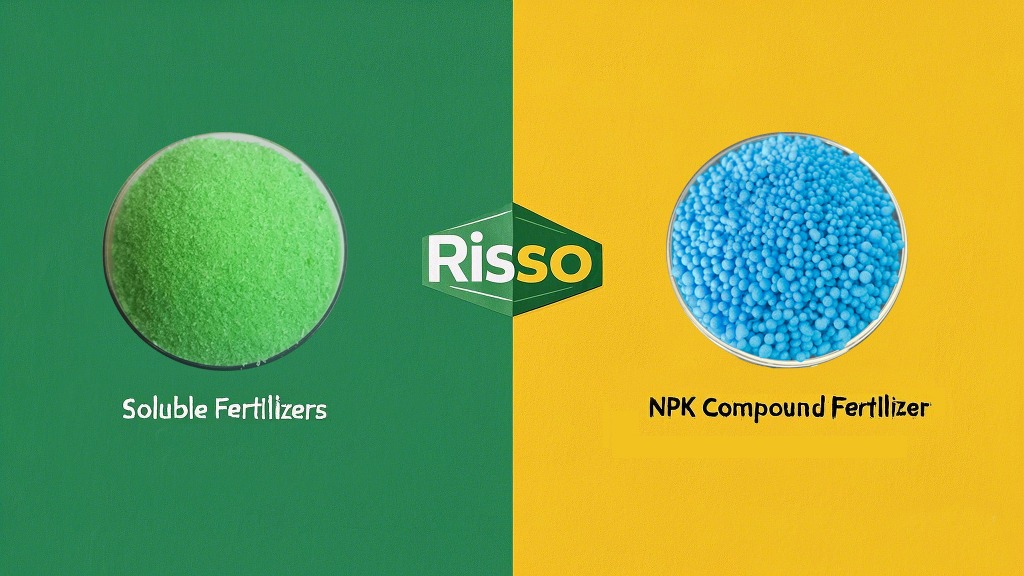

Comparison of Solubility and Form
| Fertilizer Type | Solubility | Common Forms | Best Application Method |
|---|---|---|---|
| Water-Soluble Fertilizer | Fully dissolves in water | Powder, liquid | Drip irrigation, foliar spray, fertigation |
| NPK Compound Fertilizer | Partially soluble, slow-release | Granular, powder | Soil application, base fertilization |
Optimal Application Methods for Maximum Efficiency
- For Water-Soluble Fertilizers: Use through drip irrigation, fertigation, or foliar spraying for precise nutrient management.
- For NPK Compound Fertilizers: Apply as a base fertilizer before planting or use in combination with organic matter to improve efficiency.
Environmental and Economic Considerations
- Water-Soluble Fertilizers:
- Higher efficiency reduces nutrient runoff, promoting environmental sustainability.
- More expensive but cost-effective for horticulture and greenhouse farming.
- NPK Compound Fertilizers:
- Can lead to nutrient leaching and soil nutrient imbalances if overused.
- More affordable, making them suitable for extensive crop farming.
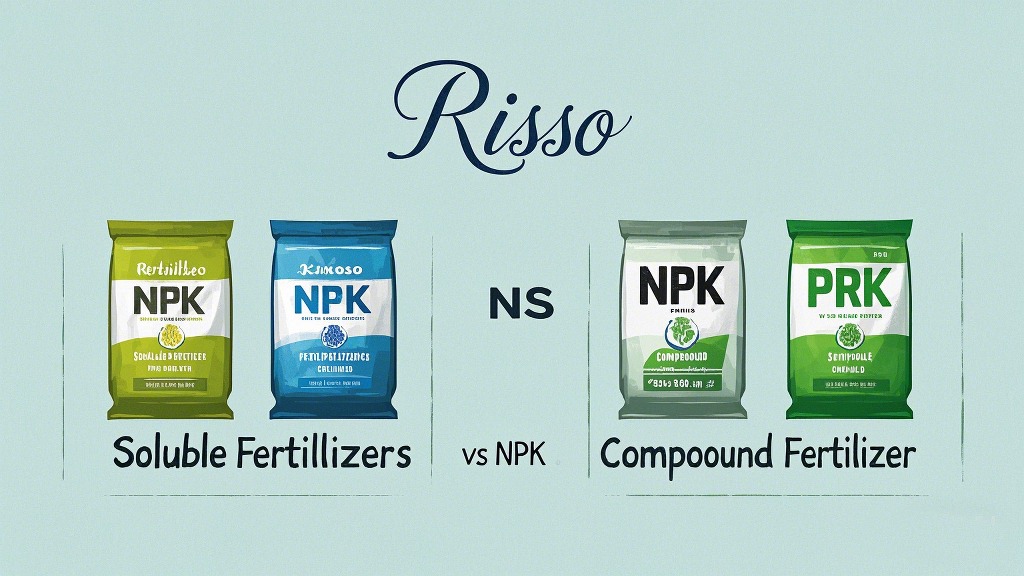

How to Choose the Right Fertilizer for Your Needs
- If you need fast nutrient absorption and precise feeding, water-soluble fertilizers are the best choice.
- If you prefer a cost-effective, long-term nutrient supply, NPK compound fertilizers are ideal.
- Consider factors like crop type, irrigation system, soil condition, and budget when making your decision.
Final Recommendation
For high-value crops and precision farming, water-soluble fertilizers provide higher efficiency and better nutrient uptake. For large-scale staple crop farming, NPK compound fertilizers are more economical and effective for long-term soil fertility management.Water Soluble & NPK fertilizer related products
If you want to know other questions about fertilizers, please contact us and we will provide professional answers.
- Article
What will you get when touch?
✔ Quick & helpful reply within 6 hours.
✔ Tailored solutions for your project.
✔ One-stop product, tech, market
TRENDING
Want to find a China fertilizer manufacturer?
Risso will be your best choice; send us your request for your fertilizer details requirement
TAIAN RISSO CHEMICAL FERTILIZER CO.,LTD.
- Address: High-tech Development Zone, Taian City, Shandong Province
© Copyright 2017 RISSO CHEMICAL. All Rights Reserved.



